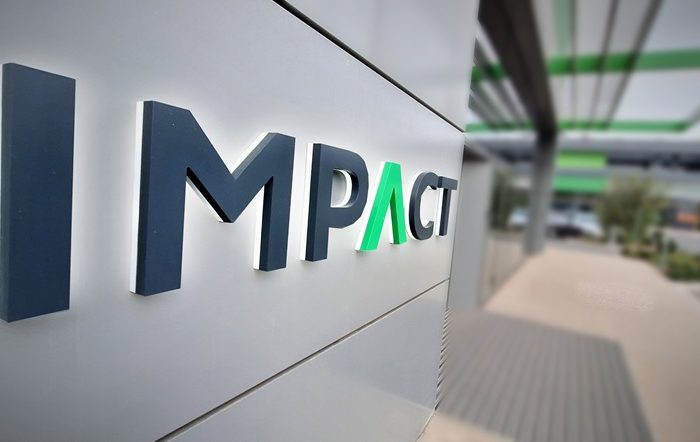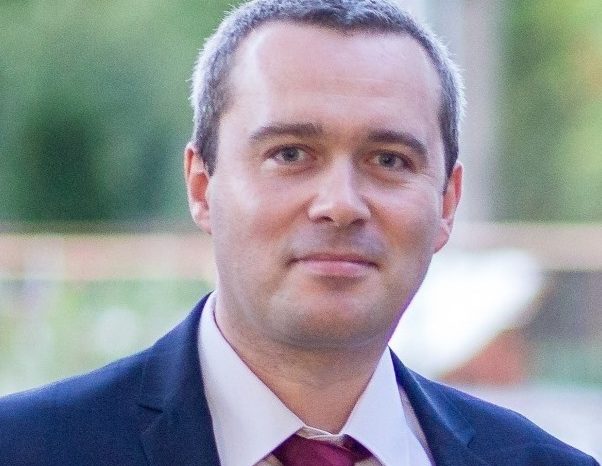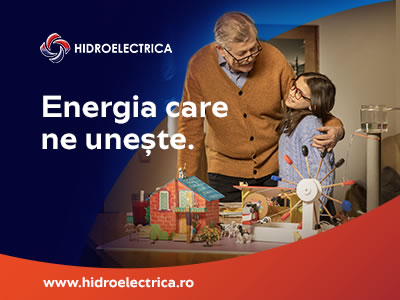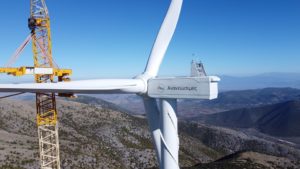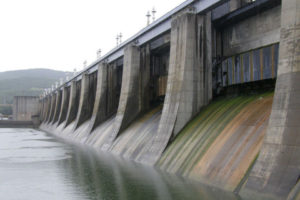E.ON: Germany is accelerating the hydrogen economy
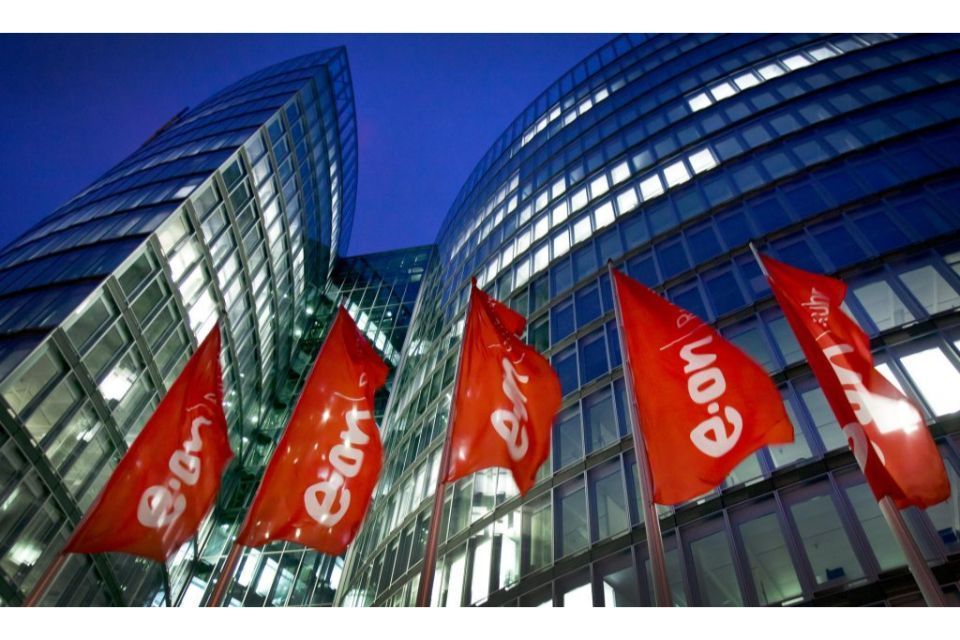
Germany is making progress in ramping up the hydrogen economy, an E.ON report based on data from the Institute of Energy Economics at the University of Cologne (EWI) shows. A number of new projects are now being planned which would increase domestic electrolysis capacity. Moreover, these planned projects are on average significantly larger and thus no longer serve only for testing and research purposes but would also be suitable for the production of hydrogen (H2) on an industrial scale, according to E.ON.
Planned H2 generation capacity by 2030 has increased from 5.6 gigawatts in July 2022 to 8.1 gigawatts in February 2023. This shows: Plans to build electrolysis plants to generate hydrogen are picking up speed, making the German government’s goal of 10 gigawatts of installed capacity by 2030 seem more tangible. The other side of the coin is that no final investment decision has yet been made for most of the projects.
E.ON attributes the increase in planned electrolysis capacity, among other things, to the energy crisis. The need to become less dependent on natural gas as quickly as possible and to achieve greater diversification of energy sources has given many plant operators an incentive to plan hydrogen projects.
E.ON Board Member Patrick Lammers: “It is gratifying that the planned generation capacity for hydrogen in Germany has increased and the expected import gap has narrowed. However, we must not rely on this initially positive development. The planning must be even more ambitious. Otherwise, unrealized projects or construction delays could quickly thwart the achievement of the 10‑gigawatt target. In addition, we still lack the infrastructure to transport hydrogen to customers. Germany must therefore now pursue its chosen path even more resolutely and consistently to give the nascent German and European hydrogen economy a real chance on the global market.”
Till Mansmann, Green Hydrogen Innovation Officer at the Federal Ministry of Education and Research: “Green hydrogen is the missing piece of the puzzle for the energy transition. That is why we need research and development and are resolute in driving innovation forward. We need openness to technology and pragmatism in order to pave the way for the transformation, especially for industry and medium-sized companies. We have the potential to turn Germany into a hydrogen republic. We must seize this opportunity.”
E.ON still sees an urgent need for clarification, for example, in the framework conditions for the operation of hydrogen networks. Protracted discussions are fueling uncertainty and thus slowing down the development of a hydrogen network. It is now important that a reliable legal framework is created in the short term to ensure that concrete investments can be made, E.ON says.


